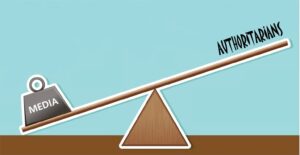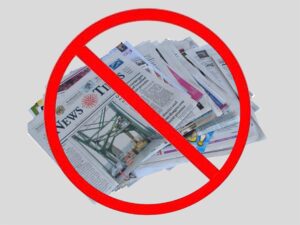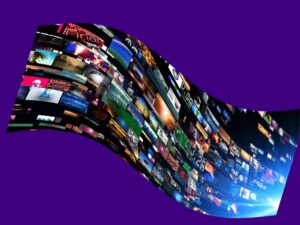
Article in Columbia Journalism Review by Jon Allsop, 9/9/25
Headline: “War Games”
Subhead: “Should the press follow Trump in calling the Pentagon the ‘Department of War’?”
“. . .Pete Hegseth, the Fox & Friends host turned defense (sorry, war) secretary, returned to his old stomping ground to roll the pitch. (‘We think words and names and titles matter,’ he said, before attempting to tease an upcoming change to the signage behind him by pointing over the wrong shoulder.) . . .”
“. . .The rebrand may sound—and, on some level, absolutely is—very silly: a predictable move for a military apparatus that is ultimately led by a pair of TV stars obsessed with looking and sounding cool. . .”
Read the full article at:
https://www.cjr.org/the_media_today/war-games-defense-department-hegseth-trump-name-change.php









